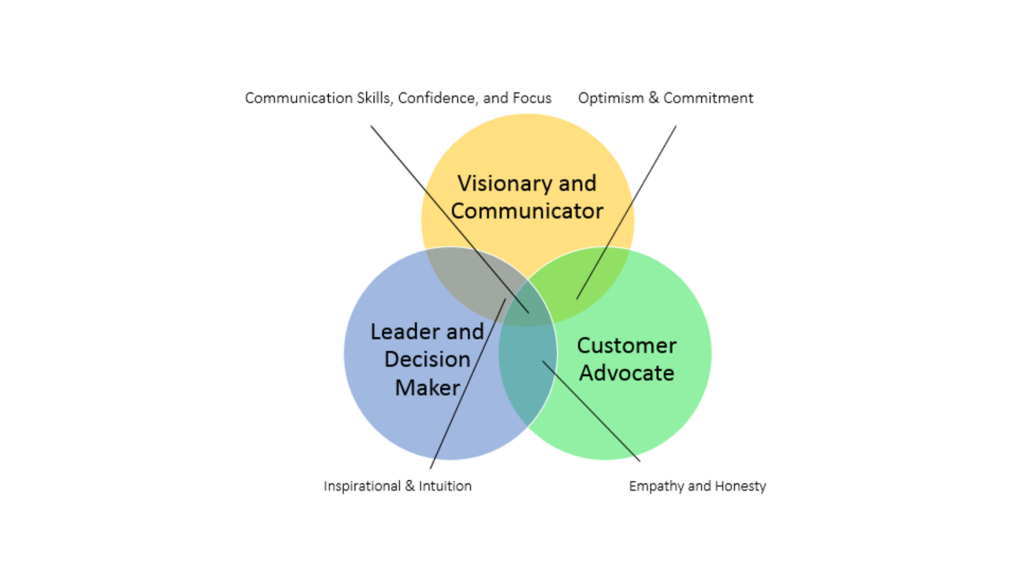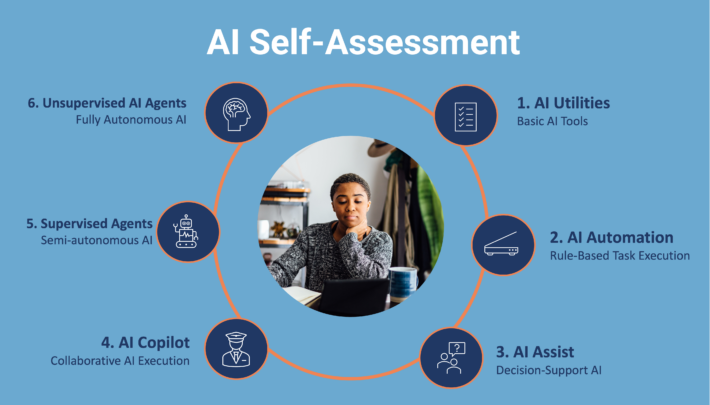Identifying the Cornerstones of Exceptional Product Managers

In the dynamic landscape of technology, the role of the Product Manager has evolved from simply defining features to orchestrating the very success of a product.
As someone who has built and led product teams for years, I’ve learned that while technical acumen and market knowledge are essential, they are merely table stakes.
The truly exceptional Product Manager possesses an array of less tangible, yet profoundly impactful, qualities. When I’m evaluating candidates, I look beyond the bullet points and delve into the core attributes that signal a future leader capable of driving innovation and achieving sustainable growth.

Here are the top qualities I prioritize when building a world-class product management team:
1. The Art of Cross-Functional Communication: Bridging Silos with Confidence
A product exists within a complex ecosystem, touching every facet of an organization. The Product Manager is the crucial nexus point, requiring the ability to communicate effectively and confidently with diverse teams, from engineering and design to sales, marketing, and customer support. This isn’t just about relaying information; it’s about understanding the unique perspectives and priorities of each department and tailoring communication accordingly.
Consider the challenges that arise from miscommunication. According to a Project Management Institute study, ineffective communication is a contributing factor in over 50% of project failures. A strong Product Manager preempts these failures by proactively engaging stakeholders, articulating the “why” behind product decisions, and fostering a shared understanding of goals and timelines.
Actionable Insight: During interviews, I look for examples of candidates who have successfully navigated complex cross-functional collaborations. I probe their ability to articulate technical details to a sales team, understand the nuances of customer feedback from support, and align engineering efforts with market demands. The key is not just speaking to these teams, but speaking with them, fostering genuine dialogue and building trust.
2. The Unquenchable Thirst for Understanding: Cultivating Curiosity
Innovation stems from a deep understanding of user needs, market trends, and technological possibilities. A truly effective Product Manager is inherently curious, constantly asking “why?” and relentlessly seeking to uncover unmet needs and emerging opportunities. This curiosity extends beyond the surface level; it involves digging into data, analyzing user behavior, and understanding the underlying motivations driving customer actions.
As Eric Ries articulated in “The Lean Startup,” building the right thing requires validated learning. Curiosity fuels this process. It compels Product Managers to conduct thorough market research, engage in meaningful user interviews, and critically evaluate data to inform product strategy. Without this innate drive to learn and explore, products risk becoming stagnant and irrelevant.
Actionable Insight: I assess curiosity by asking candidates about their approach to problem-solving and how they stay informed about industry trends. I look for evidence of independent research, a willingness to challenge assumptions, and a genuine interest in understanding the “how” and “why” behind product successes and failures.
3. The Power of Perspective: Empathy as a Strategic Asset
At its core, product management is about solving problems for people. Empathy, the ability to understand and share the feelings of others, is therefore not a soft skill but a fundamental strategic asset. A Product Manager with strong empathy can deeply connect with users, anticipate their needs, and design solutions that truly resonate.
Research consistently shows that customer-centric companies outperform their competitors. Empathy is the engine that drives this customer-centricity. It allows Product Managers to step into the shoes of their users, understand their pain points, and prioritize features that deliver genuine value. This understanding also extends to the internal team, fostering a more collaborative and supportive environment.
Actionable Insight: I explore a candidate’s empathetic abilities by asking about their approach to user research and how they incorporate user feedback into the product development process. I look for examples of how they have advocated for user needs and how they navigate situations where user desires might conflict with business objectives.
4. The CEO Mindset: Owning the Vision and Driving Execution
Exceptional Product Managers operate with a CEO mindset, taking ownership of their product’s success as if it were their own company. This encompasses a broad range of responsibilities, including strategic planning, resource allocation, risk management, and a relentless focus on achieving product goals.
This “mini-CEO” role extends to several critical areas:
- Strategic Partnerships: A product rarely exists in isolation. A strategic Product Manager actively seeks out partnerships that can enhance the product’s value proposition, expand its reach, and create synergistic opportunities. This might involve technology integrations, distribution agreements, or co-marketing initiatives.
- Maximizing Releases: Launching a product or feature is not the end of the journey; it’s the beginning. A CEO-minded Product Manager meticulously plans and executes releases to maximize impact, incorporating robust go-to-market strategies, effective communication, and continuous monitoring of performance.
- Scalability: Building for the future is paramount. A strategic Product Manager considers the long-term scalability of the product, ensuring that the underlying architecture, processes, and team structure can adapt to future growth and evolving market demands.
Actionable Insight: I assess this “CEO mindset” by exploring the candidate’s strategic thinking abilities, their experience in developing and executing product roadmaps, and their understanding of key business metrics. I look for examples of how they have taken initiative, made difficult decisions, and driven their product towards measurable success. Questions about their experience with forming partnerships, managing product launches, and planning for scalability are crucial.
Conclusion: Investing in Potential, Cultivating Excellence
Hiring exceptional Product Managers is not just about filling a role; it’s about investing in the future of your product and your organization. By focusing on these core qualities – confident cross-functional communication, insatiable curiosity, strategic empathy, and a CEO-level ownership – you can build a team of leaders who will not only execute effectively but also drive innovation and achieve remarkable results.
While resumes provide a snapshot of experience, it’s these underlying attributes that truly differentiate a good Product Manager from a game-changer. As we navigate the ever-evolving landscape of software development, these are the qualities that will remain constant pillars of success.



